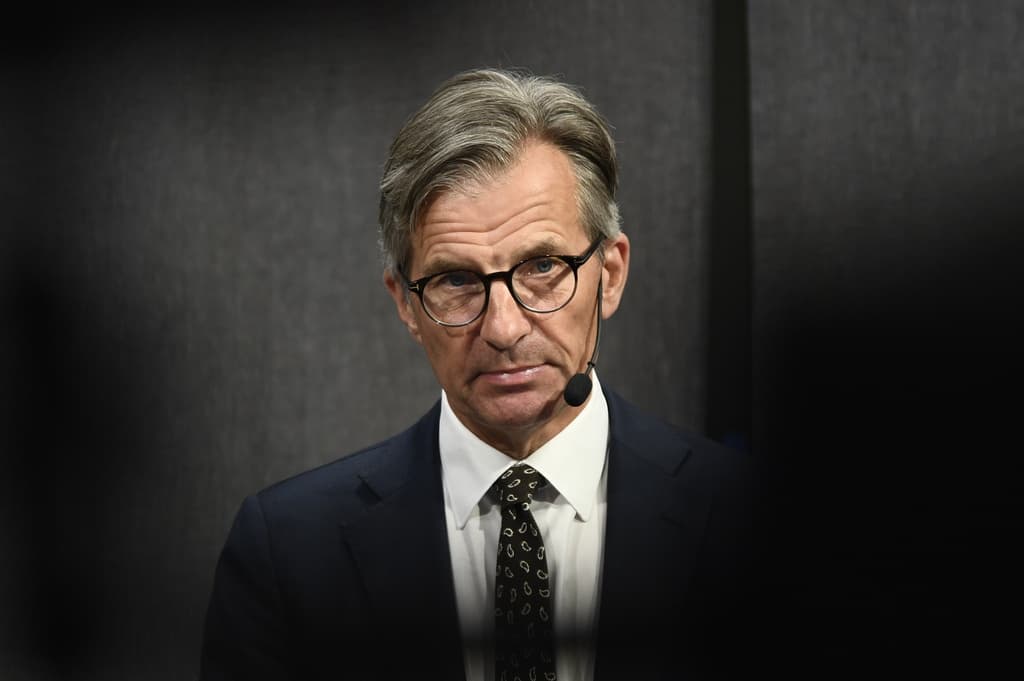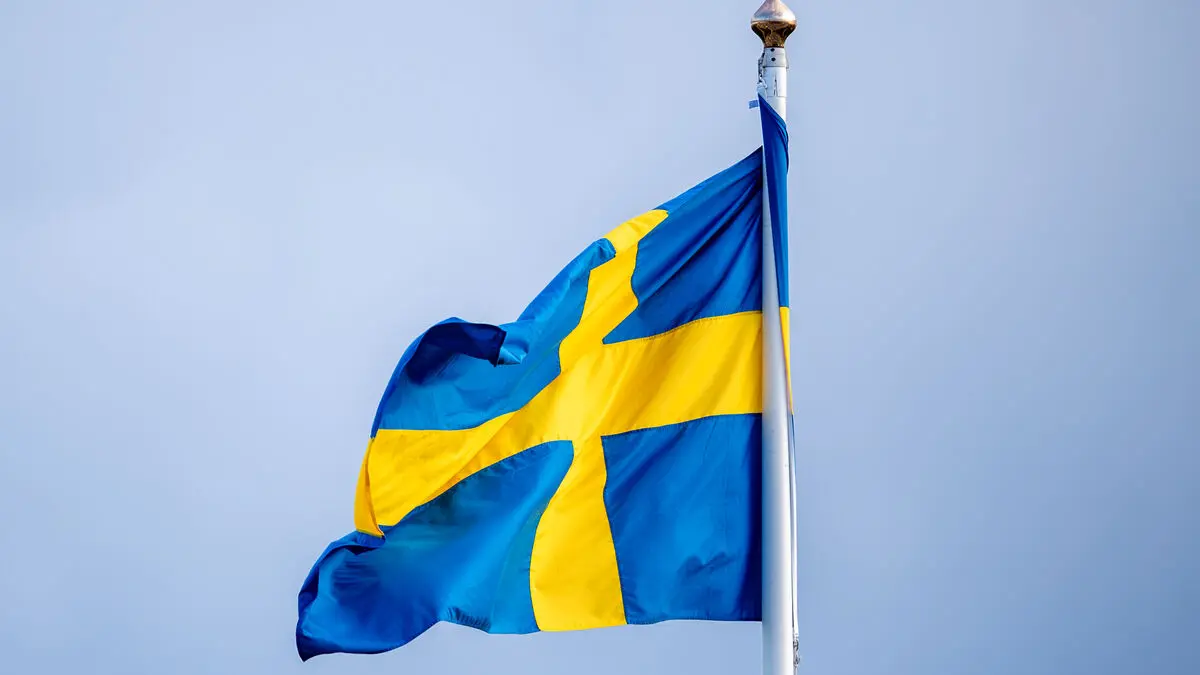The Governor of the Riksbank, Erik Thedéen, is open to three interest rate cuts this year. The news is dividing experts.
Quite right of the Riksbank, assesses Swedbank's chief economist Mattias Persson.
Thursday's surprise from the Riksbank is that they are now open to the possibility of three interest rate cuts this year – that is, a policy rate of 3.00 per cent by the end of the year.
It was a bit more surprising and they signal that they want to move faster with interest rate cuts and that there is a high probability of an interest rate cut in August, says Handelsbanken's chief strategist Claes Måhlén to TT.
Disagree
Swedbank assesses that there is an 80 per cent probability that there will actually be a new cut in August. However, when it comes to the right way forward, the banks' experts are somewhat divided.
We think it's not quite so urgent and they (the Riksbank) are acting a bit faster than we think is an optimal strategy, says Claes Måhlén, and points to continued risk of inflation backlash.
It's a bit softer communication and it was good. We now expect cuts in August, November, and December. Inflation is clearly on its way down and there is even a risk that it becomes too low, says Mattias Persson.
Shares the view
His colleague at Nordea, Annika Winsth, also shares this view and sees no inflation concern at present.
There is rather a risk that inflation will be below target already in the June figures.
Why don't you think the Riksbank is cutting interest rates already now, then?
I think they would like to see central banks in the USA and EU indicating more cuts than they do today. We see a clear weakening of the labour market and if we soon have an inflation that is below target, it will put pressure on the Riksbank to cut interest rates.
The Riksbank now sees that inflation according to the KPIF measure will reach the inflation target of 2.0 per cent this year, from a previous assessment of 2.3 per cent.
Claes Måhlén, however, points out that, for example, American inflation has proven to be extremely persistent, and a crucial question is how willing Swedish companies are to raise prices?
We have seen a normalisation, but there are question marks. Then it's what happens to the Swedish krona, he says.






